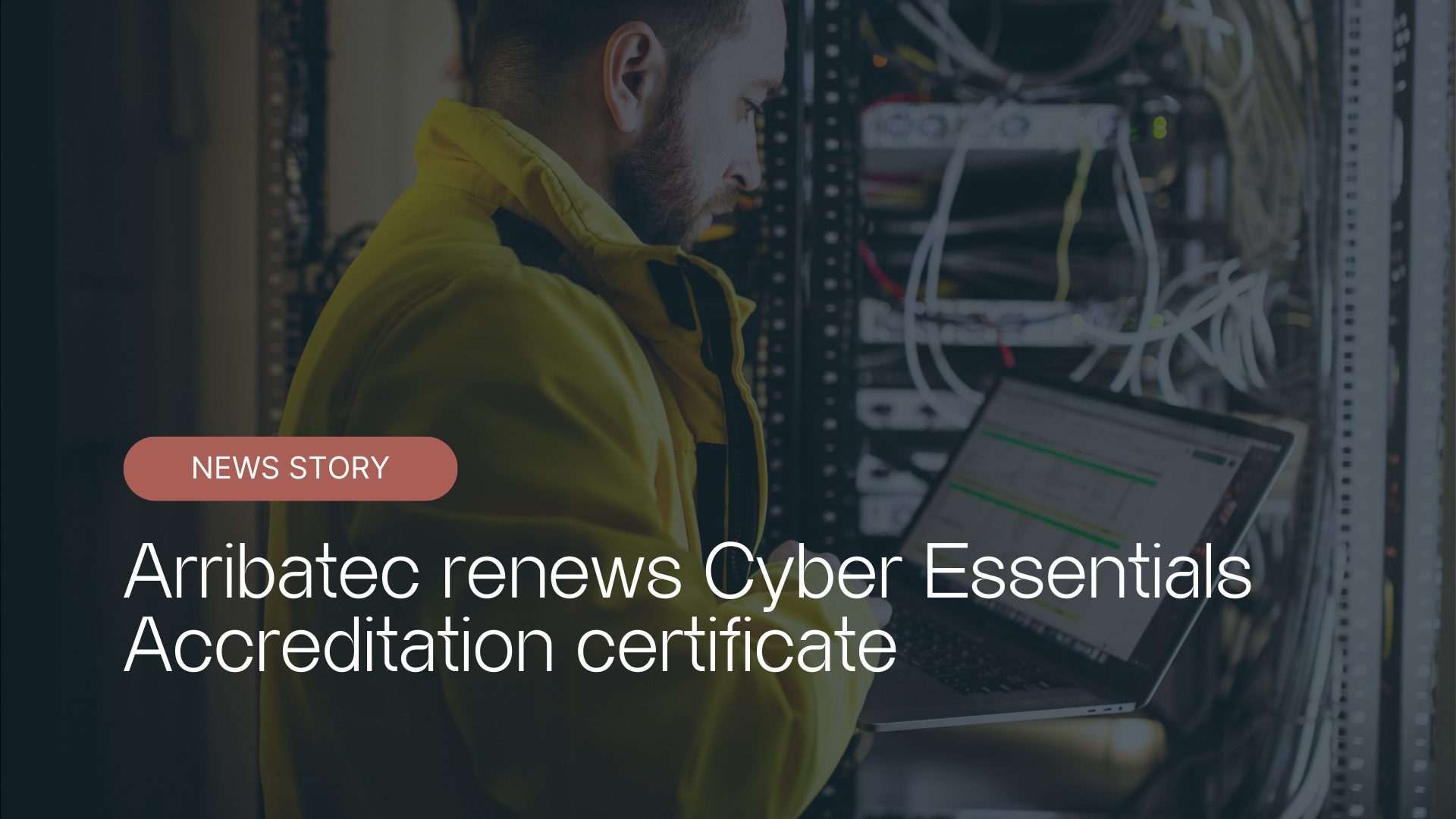
- 30/09/2022
Accounting Software vs ERP: What’s the difference?
If you’re unfamiliar with the industry terms, it’s easy to think that Accounting Software and ERP are interchangeable. However, discussing implementing a new system into your business, you need to know they’re very different things.
There is a common misconception that Enterprise Resource Planning (ERP) is just an umbrella term for all Accountancy software or that they’re the same thing. In contrast, an ERP system is a unique piece of software.
It’s understandable, as there is a degree of overlap between the two systems. They are configurable to create financial reports, process accounts payable and receivable, and monitor all your revenue, sales, and invoicing.
How is ERP different?
Most modern accounting systems process various financial and bookkeeping tasks, but different accounting software does other things. They can automatically enter, store and analyse data for you, saving time on tasks like bank reconciliation. Accounting software offers valuable tools like invoicing, bill payment, payroll, and financial reporting.
ERP is a packaged business software system that includes all the critical accounting features mentioned above. Still, on top of all that, it allows a company to automate and integrate most of its business processes in one unified system that shares the data across the whole company, meaning everyone is accessing up-to-date data.
When do you choose ERP over accounting software?
As businesses grow, they arrive at a time when manually processing data is no longer viable. Relying on Excel documents for your accounting processes gives disparate information with errors, is not shared across departments, has no real-time info, and is time-consuming for people.
As the amount of data and data sources increase, it all becomes harder to track. Managing all that information across multiple platforms becomes costly, time-consuming, and prone to mismanagement.
Installing an ERP system alleviates these issues, as all your data is stored on the same, shared system across every facet of your business. The most significant advantage lies in the ability to see what is happening within the organisation in real time.
Are ERP systems all the same?
Every business or company is peculiar, so although the kinds of data and processes an ERP must handle are similar, no two operations will ever be identical.
That’s why choosing your ERP implementation partner wisely is paramount: a company that can implement the right ERP system for your business, tailored to your required needs. It is important that your chosen implementation consultants can adapt to your business changes and capabilities to deliver a solution that will scale as your business grows.



